Why Endangered Species Are Important
Updated Nov. 3 2020, 2:15 p.m. ET
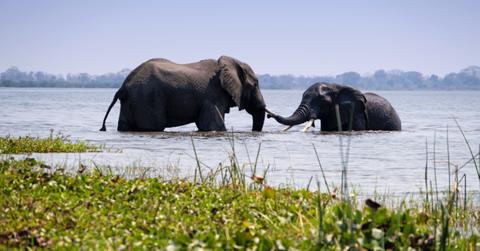
According to the World Wildlife Fund, more than 96,500 species in the world today are considered endangered in some way. This is a staggering number by any measure, and even more alarming when one considers how much is already being done to try and bring these amazing plants and animals away from the brink of annihilation. Yet, despite the best efforts and intentions of some organizations, the problem is still getting worse.
So why should you care? Well, besides the obvious thought that no one should want to see any of these beautiful creatures gone forever, there are environmental impacts to consider. Whether plant or animal, many of the species on this list are an integral part of their respective ecosystems.
These systems can be delicate, especially as they are constantly being impacted by things like pollution and habitat destruction. In this case, we must not ask why these things matter, but what will happen if we continue to pretend that they do not.
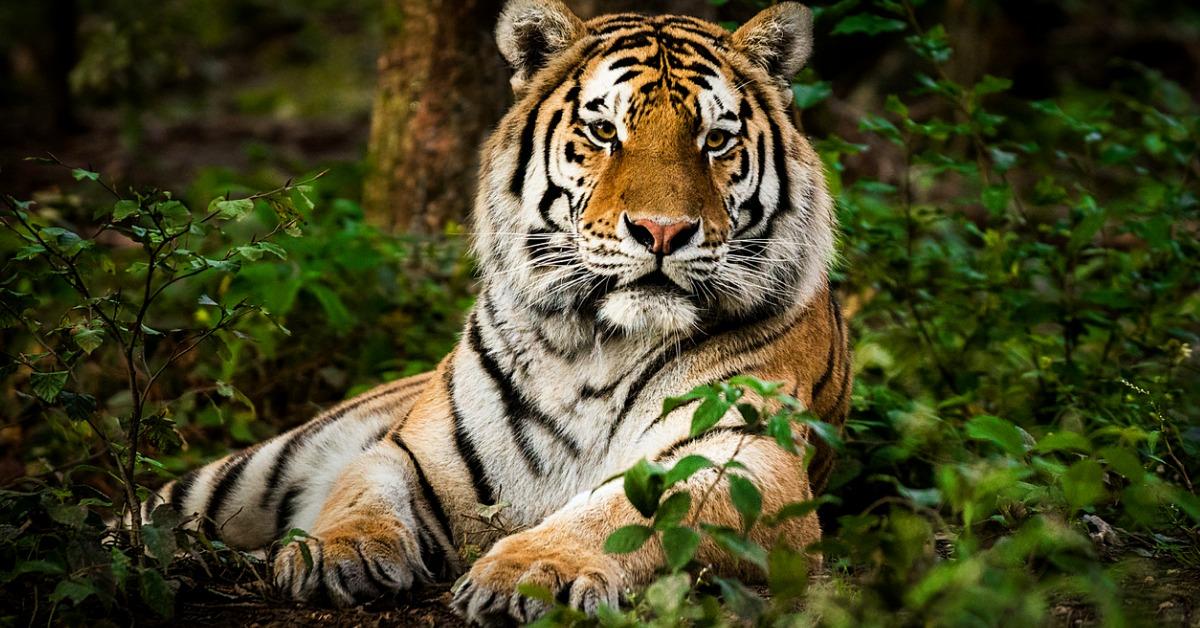
Why is it important that we save these endangered species?
Let us use the tiger as an example. Many subspecies of tiger have gone extinct over the past several centuries and most, if not all, the remaining subspecies are still at risk of extinction in some measure. They are hunted for their meat, their hide, and as pets. Their habitat has slowly disappeared thanks to logging, farming, and human population growth. Even climate change is having an adverse effect on these animals.
This is not just bad because we would lose a stunningly gorgeous example of predatory evolution, but we would also be losing an important link in the food chain of that creature’s ecosystem. Most times, tigers are at the apex of their respective food chain. When the top animal in a food chain dies off, the entire ecosystem is in jeopardy. The tiger’s prey animals — let's say deer, for example — will see an increase in population. More herbivores mean fewer plants, fewer plants mean less oxygen, and so on.
Let us not forget the smallest pieces of an ecosystem either. Tiger scat is a valuable fertilizer and food for minuscule and microscopic creatures, as are the remains of their prey. When these things stop occurring, when the top of an ecosystem falls off, the whole ecosystem begins to crumble from the ground up as well.
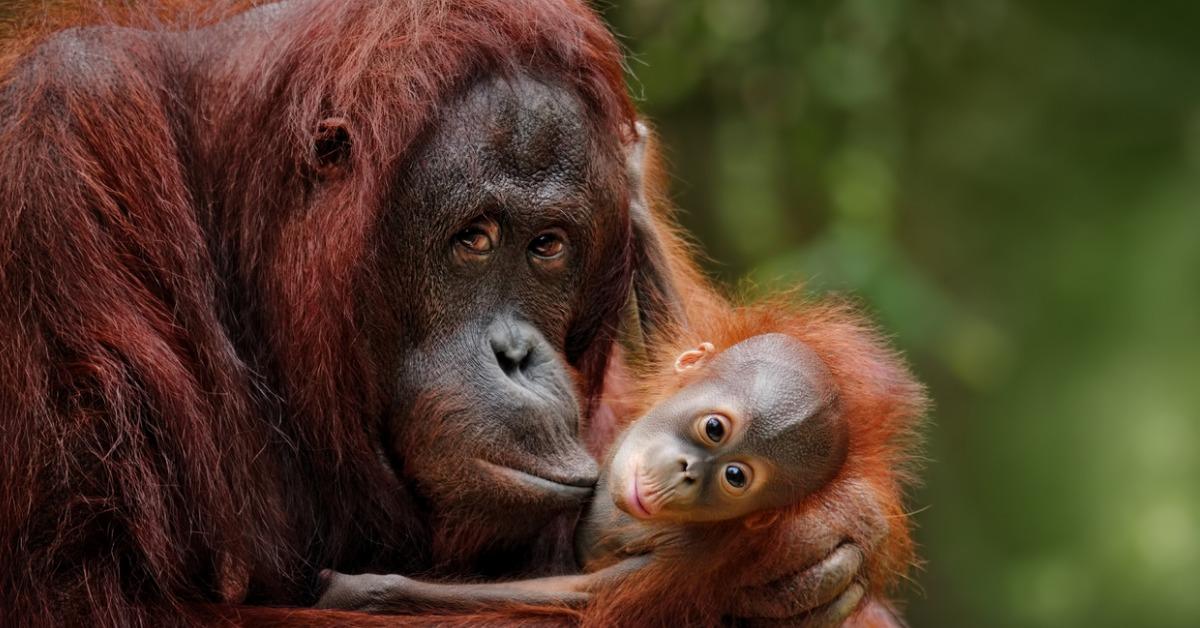
What causes a species to become endangered?
There are many factors that can bring a species to the brink of extinction, but these days, the main culprit has to be human beings. Overhunting, habitat destruction, climate change, poaching, pollution, and the introduction of non-indigenous species to unfamiliar ecosystems, have been the main cause of endangered and extinct wild species. It began when the first homo sapiens decided to strap a piece of flint to the end of a stick, and it has not stopped.
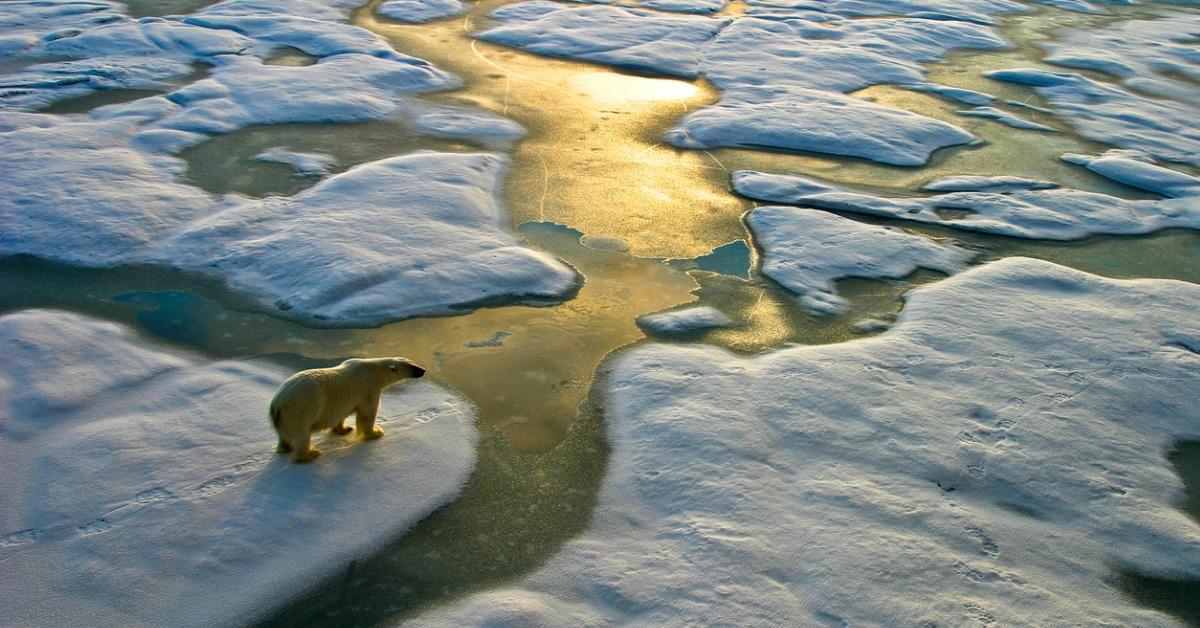
What has been done to protect endangered species?
The Endangered Species Act of 1973 was created in tandem with the conservation efforts of 80 other nations in order to facilitate meaningful protection for the species that had been identified as endangered. Even today, those who represent the act work with governments, independent organizations like the World Wildlife Fund, and Greenpeace to protect the helpless creatures out there that cannot help themselves.
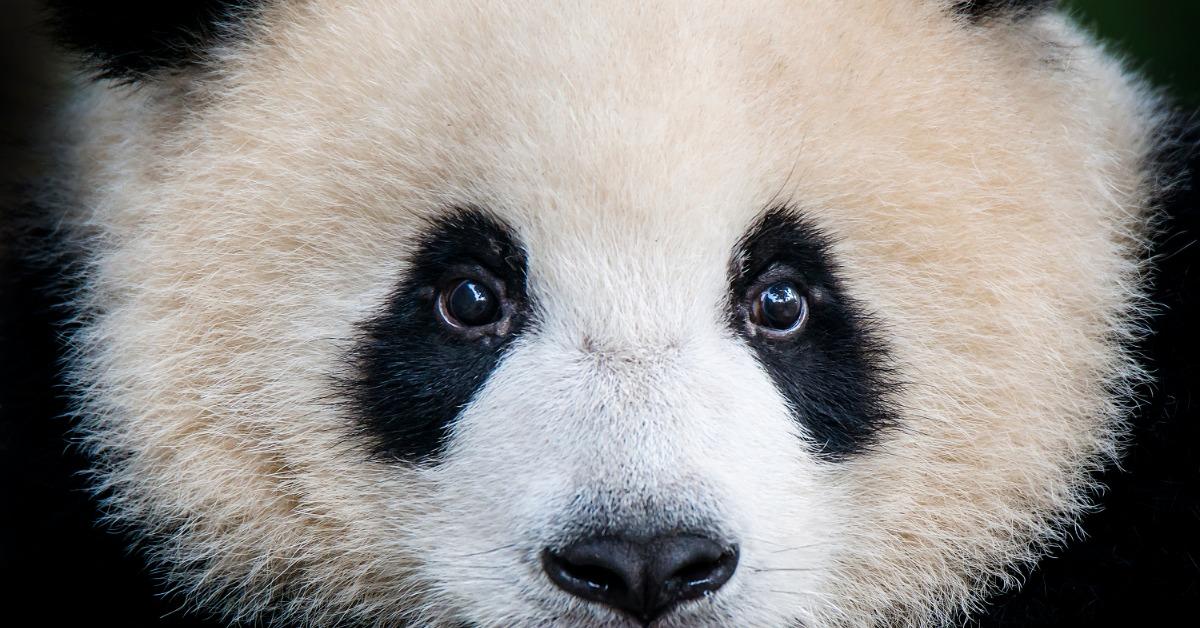
What is being done to protect endangered species today?
These altruistic organizations have created initiatives that protect endangered species, and initiated breeding programs to bring up the numbers of particularly susceptible creatures. These efforts have worked wonders in bringing back populations of the giant panda, American bison, ospreys, California condors, Galapagos tortoises, and grey wolves. Unfortunately, these efforts will mean very little if the things that brought them to that point are not stopped.
Poachers will still poach, corporations will still strip the Earth of her forests and resources, and people at large will continue to utilize cheap and convenient materials like plastics that pollute these species’ already decimated habitats. Until we eliminate the causes, the effect will be the same. You can help by donating to worthy causes, minimizing your environmental footprint, and supporting the people who are trying to make a difference.